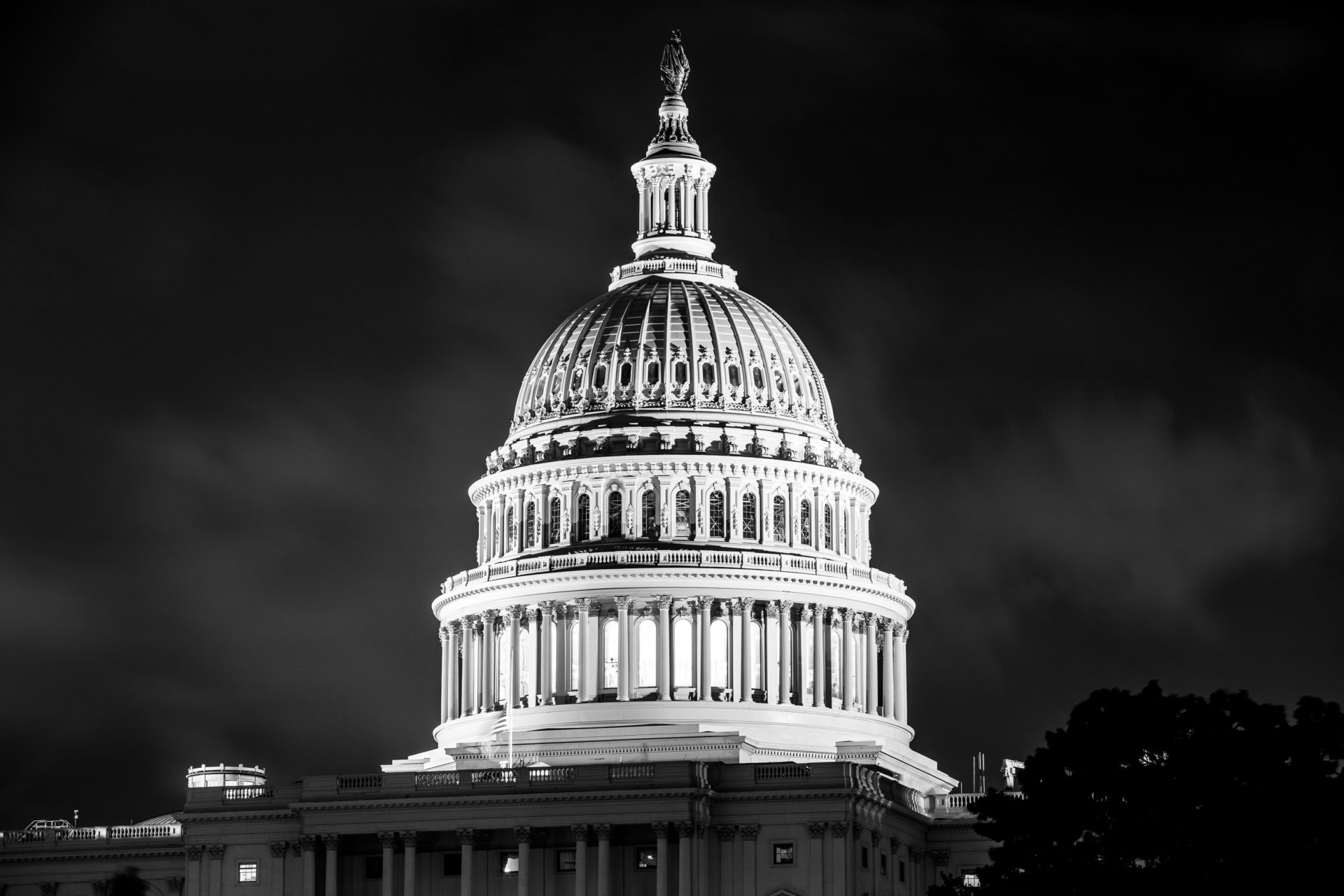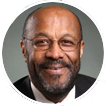
Photo by Cameron Smith on Unsplash
A righteous remnant in a wicked world: Amos 5:13-24
The question is, what does the prophet Amos mean in Amos 5:15, when he talks about some people being the remnant of Joseph? In the context of Amos, a remnant means those people that have remained faithful to God after so many others had turned away. The remnant is those who God spared after divine judgment had been visited upon so many others that were being punished for their lack of faith. Rather than worthless scraps left over after something else had been created, a biblical remnant are those few, precious people that keep the faith despite what is happening in the world around them. The remnant is that small minority that is not swept away by popular opinion or by fear of any negative consequences. They are a righteous remnant in a wicked world.
I thought about the word remnant when I watched and listened to Liz Cheney during the January 6 hearings. I do not agree with all her political views. I certainly did not agree with anything her father, Dick Cheney, did when he was serving in government. However, I admire the way she has remained committed to the United States Constitution, the rule of law, and the simple fact that Donald Trump lost the election in 2020.
Almost every member of the Republican Party that holds an elected office has bought into the “big lie” that the 2020 election was rigged, that voter fraud took place, and that Joe Biden is not the duly elected President of the United States. Except for Adam Kinzinger who has already decided not to seek reelection because he knows how unpopular his views are about the 2020 election, Liz Cheney is the only Republican member in the U.S. House of Representatives who has both voted to create the House Select Committee to investigate the January 6 attack and served on the committee, losing the support of the Republican National Committee for doing so.
Would you or I do what she is doing right now? Would we risk losing an election to Congress that we would easily win if we would just go along with the “big lie?” Would we be willing to become the target of nightly attacks by Tucker Carlson and Sean Hannity and Laura Ingraham on Fox News all because we would not buy into their conspiracy theory about voter fraud? Would we hold onto our convictions when other Republicans, including Donald Trump himself, travel to our home state to endorse our opponent and call for our removal from office?
So many people in this country are ready to give the country over to an autocratic form of government where tyranny has replaced truth, where the lust for power has overruled the love of freedom, and where terrorist groups like the Proud Boys and the Oath Keepers will gladly use physical force to achieve through violence what they could not achieve at the ballot box. Liz Cheney is not giving in to that madness. That is what a remnant looks like.
The remnant understands that what God wants from us does not occur exclusively inside the sanctuary, whether you are physically present or tuned in by Zoom or livestream or YouTube. The remnant understands that what God really wants from us are the two things that are echoed by every biblical prophet, which are “let justice roll down like water and righteousness like an ever-flowing stream” (Amos 5:24). Catch those two words, justice and righteousness. They almost always appear together. One suggests what God demands from us (justice). The other invites us to go further than what God expects us to do, and voluntarily do some more (righteousness).
You will find the remnant wherever Matthew 25:31-44 is being put into action: I was hungry, and you gave me something to eat. I was thirsty and you gave me something to drink, I was naked, and you clothed me. I was a stranger, and you took me in. I was sick, and you cared for me. I was in prison, and you came to see about me. I fear that hell will be crowded to overflowing with Christians who thought that going through the rituals and formalities of the church was all that God required of them.
They never opposed injustice. They never stood up in defense of the truth. They never said or did anything that might risk their losing some social status, or some job promotion, or some popularity contest. They are like the people in Germany during the Nazi era referred to by Martin Niemöller when he said:
First, they came for the socialists, and I did not speak out – because I was not a socialist.
Then they came for the trade unionists, and I did not speak out – because I was not a trade unionist.
Then they came for the Jews, and I did not speak out – because I was not a Jew.
Then they came for me – and there was no one left to speak for me.
Consider these stories about who is and is not a remnant. On Easter Sunday in 1906, three Black men were lynched in Springfield, Missouri. It was described this way by one observer:
They hanged them. They threw kerosene on them. They burned them to a crisp. Then they went to church.[i]
On April 13, 1899, a man named Samuel Thomas Wilkes was set to be lynched in Newman, Georgia at 2 p.m. On that Sunday, churches in Atlanta ended early so worshipers could catch special trains scheduled to transport people from church to the site of the lynching. The conductor of the train shouted, “All aboard for the burning.” Over two thousand good Christians took the train from Atlanta to Newman just to watch a human being have his fingers, his ears, and his genitals cut off while he was still alive. While wrapped in chains from head to toe, he was doused in kerosene and lit on fire. One of the Christians in the crowd shouted out, “Glory be to God.”[ii]
Over four thousand Black people died that way in this Christian country, and despite repeated attempts to pass an anti-lynching bill in Washington, DC, no bill was ever approved, and no President ever fought to get one passed. They simply sat idly by while a cruel injustice occurred over and over and over again. These lynch mobs assembled before or after church services because people were already gathered. They prayed to God, and then they would prey on Black people! It was a wicked world, and nobody was willing to stand up and oppose lynch mob justice.
That is, except for one Black woman in Memphis named Ida B. Wells. She owned a newspaper called the Memphis Free Speech and Headlight. She was awarded the Pulitzer Prize posthumously in 2020 for her fearless coverage of the cruelty and random nature of lynch mob justice. Her print shop was destroyed. Her life was threatened. She had to move out of Memphis and go to New York (and later Chicago) to avoid those who were out to kill her.[iii] But she stood tall and told the truth that so many others in this country were unwilling to address. Sometimes she was the only person speaking out so boldly against injustice and cruelty. Since she was a founding member of the NAACP, she was able to get that organization to join in protest with her.[iv]
There have always been people who were a remnant of righteousness in a wicked world. Frederick Douglass and Sojourner Truth were a remnant. Martin Luther King, Jr. and Rosa Parks were a remnant. John Lewis and Diane Nash were a remnant. Nelson Mandela and Bishop Desmond Tutu were a remnant. All these people and a few more like them were the ones who stood up and spoke up for justice and righteousness while so many others sat in silence or worked to maintain the status quo of a wicked world. Thank God for the ongoing witness of a righteous remnant in a wicked world.
The views expressed are those of the author and not necessarily those of American Baptist Home Mission Societies.
[ii] Ibid, pp. 29-31.
[iii] Ida B. Wells: Crusade for Justice, edited by Alfreda M. Duster. Chicago: University of Chicago Press, 1970, pp. 61-63
[iv] Philip Darby, At the Hands of Persons Unknown: The Lynching of Black America. New York: Random House, 2002, p. 177.



